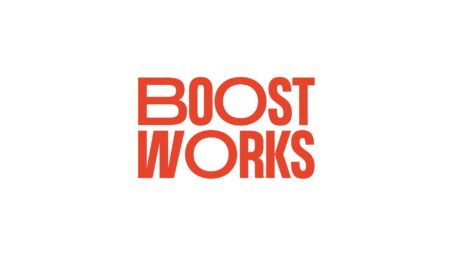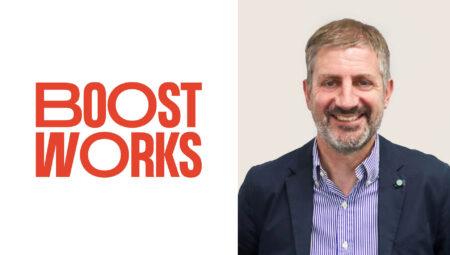
Sustainability: the future of commercial cleaning
Sustainability is more than just a buzzword. Whether it’s from a corporation or a customer, there has been a clear shift in attitudes towards sustainability and becoming more environmentally conscious.
It is all about meeting our needs, in a way that doesn’t undermine the ability of future generations to meet their own needs, across three key areas; economic, social and environmental. The commercial cleaning industry is undergoing a huge change, driven by customer’s demand for greater social responsibility, eco-friendly products and commitment to sustainable practices.
Economic sustainability
In this sector, sustainability refers to methods that cleaners can continue to use indefinitely, without worrying that their efforts will negatively affect their own health or impact the environment. The good news is that being sustainable can often lower costs and increase profits in the longer term. By using fewer resources when cleaning, commercial cleaning companies can look to boost its sustainability efforts and boost its bottom line. This may include cutting down its cleaning materials, reducing the energy required for each job, as well as minimising emissions and waste. Whilst they will aim to clean with less, it’s important to maintain a satisfactory level of performance for customers, which means that these companies need to be as resource-efficient as possible to clean successfully the first time.
Social sustainability
The trend toward improving sustainability has long been identified in the cleaning industry, with no signs of slowing down anytime soon. This is driven by customer demand and the overall trend of environmental products. In their efforts for continuous improvement towards sustainability, cleaning service providers can use biological products rather than chemicals, as they promote a healthier environment, as well as reduce the risk of long-term illness. Eco-friendly cleaning products are on the rise, providing several alternatives that compete with regular cleaning products that contain harsh chemicals.
Environmental sustainability
In addition to streamlining cleaning procedures, utilising better equipment and using ecological products, there are a number of measures that cleaning companies can take to reduce their environmental impact. The biggest consideration is sustainable fleet management, with a combination of cleaner vehicles and fuels, fuel-efficient operations and driving; and a reduced amount of road traffic generated. Commercial cleaning companies can also maximise new technologies to affordably avoid pollutants and improve efficiencies, including fogging systems and no-touch cleaning applications.
“Insert Classroom picture here”
Partnering with the experts
The final step in achieving sustainability in the cleaning sector involves working with suppliers who share the same values across the three pillars of sustainability. When selecting these partners, businesses need to ensure that their practices, processes, and competencies meet the key industry standards. There are many sustainability accreditations out there, and those that have been awarded these certifications can be held accountable for delivering the highest quality level of service for their customers’ requirements, whilst minimising their impact on the environment as a whole.
Every customer also has its own cleaning requirements, which means commercial cleaning companies need to create bespoke cleaning programmes with sustainability in mind. Working closely with the client, they can build tailored cleaning measures to suit their specific needs and areas of concern. For example, scheduling the cleaning contractors as and when they are needed to maximise fleet management, and using ecological products or equipment to improve sustainable practices. These bespoke services also mean that the plan can be devised within any budget, creating value for money in the long term.
“Insert Cleaning Machinery picture here”
More in Workplace Wellbeing

Lost in Translation? Employees says CEOs Don’t Speak Their Language of Appreciation
Boostworks study reveals 65% employee dissatisfaction rate with
current benefit programmes

Psychological Safety: What does this mean, what should this look like...
At our last B4 People Ecosystem, Lisa LLoyd of It’s Time for Change shared the following report:

Boostworks Appoints Former Vodafone Board Director as Executive Chairman
Mark Bond, previously Head of Customer Operations at Vodafone leads Boostworks Board
From this author

Pioneering US-based Canoo Inc’s versatile electric vehicle experience arrives at Bicester...
Canoo Inc, a US-based company which has created revolutionary multi-purpose platforms and digital ecosystems that are transforming the automotive industry for the entire vehicle lifecycle, has selected Bicester Motion, the 444-acre future mobility estate in Bicester, Oxfordshire, as its UK commercial operations and activation centre.

The Wesley Hotel Euston launches festive dining offering
Celebrate the festive season with delicious food and great company at the centrally located The Wesley Euston hotel, bar and kitchen as it announces two Christmas menus, each tailored to a different dining experience.

Ingram ‘incredibly proud’ after going down fighting in Brands Hatch decider
There was no fairytale ending for Tom Ingram in the 2024 British Touring Car Championship finale at Brands Hatch last weekend (5-6 October), but the former champion went down fighting with a characteristically heroic performance as circumstances cruelly conspired against him.


